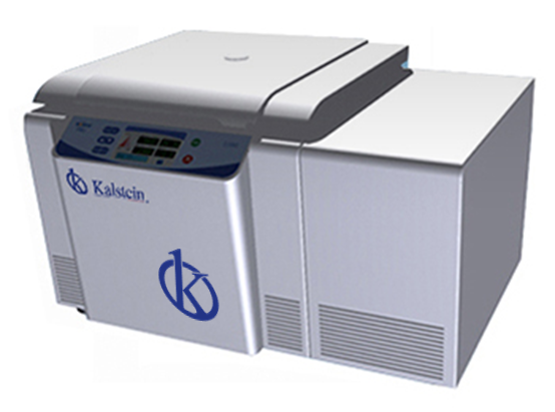A laboratory centrifuge is a motorized device used to separate solid or organic materials into small particles. It is a very useful tool in laboratories for various applications, including drug production, biology, materials engineering, cell marking and much more.
Certification of a laboratory centrifuge is a critical step in ensuring the safety and accuracy of laboratory processes. Although each centrifuge brand will have its own certification policy, there are certain standards that are recommended to be followed when evaluating a centrifuge for use in a laboratory. Important standards to consider when certifying a centrifuge for laboratory use include warranty, durability, repairability, performance, safety, accuracy, and flexibility.
What are the standards for certifying a laboratory centrifuge?
First, it is important to look for a centrifuge that has a guarantee of at least one year. This measure will help ensure that the product will certainly work for the time allotted. Be sure to investigate the laws and regulations applicable to the product before purchasing it. Generally, a long warranty time suggests that the equipment was tested and that its components are designed to be near-fail-safe.
When testing a centrifuge for laboratory use, choose one that is corrosion resistant and has adequate durability. Consider how many hours per day the centrifuge will be used, under what environmental conditions it will operate, and how strong the materials used in manufacturing are. It is definitely necessary to optimize the requirements of the laboratory and decide what is best for the work use.
The ease of repair of the device must also be assessed. If the centrifuge is damaged over the years, would it be covered under warranty? If the manufacturer offers spare parts, will it be available for repair? These are valid questions to look out for. The overall performance of the centrifuge should be assessed. This motorized tool can be customized to suit specific needs. Therefore, it is necessary to think about what are the specific requirements that the centrifuge has to meet in the laboratory. Among the parameters to take into account are accelerations, velocities and separation time.
What are the safety and precision standards that the centrifuge must meet?
It is important to consider the safety of workers and those using centrifuge in the laboratory. Acoustics, radiation and vibrations need to be controlled to minimize risks. Investigate specific laws and regulations to certify radioactivity in machinery. The more up-to-date the technology, the more accurate the information you get from the results of the work. Laboratory centrifuge manufacturers offer various options to improve accuracy. This can include a variety of sensors, controls, and displays, depending on the software installed.
Finally, consider the level of flexibility the machine requires. Some centrifuges are fixed, while others can be adjusted to suit different work environments. This is an important consideration for laboratories where there are frequent changes in the tests being performed and/or customized needs. In conclusion, the certification of a centrifuge for use in a laboratory must conform to the recommended standards to ensure safety and accuracy in the processes.
This includes assessment of the centrifuge’s warranty, durability, repairability, performance, safety, accuracy and flexibility. Investigate at the time of purchase, make sure to know every detail of the product, laws and regulations of the machinery, among others. Once this is taken into account, you will be sure that a safe and effective centrifuge for laboratory processes is in place for the laboratory.
The quality standards of Kalstein centrifuges
Kalstein designs quality centrifuges, incorporating the latest technology for this type of instrument. Among the quality standards that this manufacturer incorporates to its equipment, it stands out for its precise control of the revolutions by microprocessor and safety devices in case of an increase in temperature and speed. Models for sale, pricing and purchase options are available at HERE

